Researchers at the Department
Institute Director, Center for Information Modeling - Austrian Centre for Digital Humanities
Georg Vogeler studied auxiliary historical sciences, social and economic history, public law and medieval Latin philology at the Universities of Freiburg and Munich. He completed his doctorate with a study on late medieval tax administration in the German territories in 2002 and habilitated in 2016 with a thesis on the contemporary use of the charters of Emperor Friedrich II (1194-1250) in Italy. His research areas are late medieval administrative documents, the documentary system of Friedrich II, digital editions, digital diplomatics and digital prosopography.
In the field of computational humanities, he focuses on modeling (in XML TEI, with methods of the semantic web) and the application of machine learning / artificial intelligence to humanities data. In these areas, he has been and is involved in a leading role in various national and international third-party funded projects (Marie-Curie ITN DiXiT, HRSM projects KONDE (Kompetenznetzwerk Digitale Edition), DiTAH (Digitale Transformation der österreichischen Geisteswissenschaften) and DHInfra (Digital Humanities Infrastructure Austria), FWF projects on digital diplomatics and on the digital edition of various medieval and early modern sources). In 2021, he received an ERC Advanced Grant for a project on digital diplomatics.
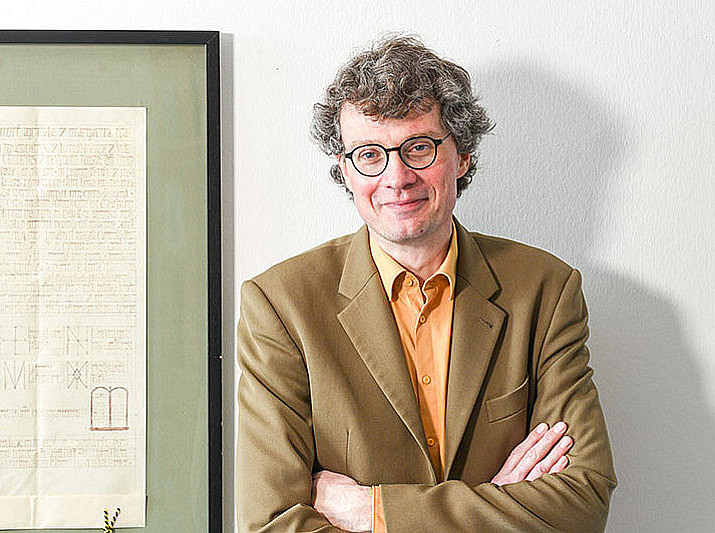
1997-2006 he was a research assistant at the LMU (Chair of Walter Koch), 2006-2008 Fedor Lynen Fellowship of the Alexander von Humboldt Foundation for a stay at the University of Lecce (Hubert Houben), 2008-2010 research assistant at the Chair of Irmgard Fees at the LMU. In 2011 he conducted research as a scholarship holder of the German Study Center in Venice. Since 2011, he has been employed at the University of Graz at the Department of Digital Humanities, which he has headed since 2019. He has been a professor of Digital Humanities at the University of Graz since 2016. Georg Vogeler is a founding member of the Institute for Documentology and Editorial Studies and technical director of the Monasterium consortium.

Chiara Zuanni studied Classics and Archaeology at the University of Bologna, and obtained a PhD in Museology at the University of Manchester (2016). Her PhD thesis examined the impact of public perceptions of archaeology on museums, both diachronically and synchronically. In Manchester, she also worked as research assistant in digital heritage at the Institute for Cultural Practices and as teaching assistant in Classics, Ancient History, and Archaeology. Afterwards, she held postdoctoral positions at the University of Liverpool ( “Impacts 18” programme; “Shakespeare Lives” evaluation for the British Council) and in the Research Department of the Victoria & Albert Museum, working on the AHRC-LABEX "Universal Histories and Universal Museums" project.
She moved to Graz in 2018, as a tenure-track assistant professor in digital humanities, with a focus in museology. She has since been local PI on the Erasmus+ project Digital Culture (2018-2021); a fellow of the Getty Institute in Ancient Itineraries (2018-2020); PI of the DARIAH Theme project “Contemporary Collecting and the Pandemic” (2020-2022); and local PI and WP leader in the H2020 project ReInHerit (2021-2024); as well as collaborating on projects with museums and cultural heritage organisations. She completed her Habilitation considering the theoretical and practical implications of datafication in museums in 2024.
Her research focuses on the collection, management, use, and display of digital data in museums; on contemporary digital collecting; and on the role of museums in constructing and mediating knowledge in the public sphere.
Martina Scholger studied art history at the University of Graz and completed her doctorate in 2018 with a thesis on artists' notebooks and their digital indexing and edition as the first doctoral candidate in Digital Humanities in Austria. Since then, she has been a Senior Scientist at the Institute and, among other things, chairs the Curriculum Commission of the Master's program in Digital Humanities. In her research, she deals with the digital edition (modeling with XML/TEI, Semantic Web, presentation) of various cultural and humanities sources as well as the application of text mining and machine learning methods to these corpora. In addition to her teaching activities in the fields of X-technologies, digital edition, text mining and machine learning for digital editions at the University of Graz, she has taught at relevant summer schools and workshops (e.g. DH Oxford Summer School, ADHO DH 2019 in Mexico City, IDE Schools) and (co-)organized a number of schools, workshops and conferences.
She is (co-)responsible for the conception, development and implementation of numerous national and international cooperation projects in the field of Digital Humanities, such as the Visual Archive Southeastern Europe (2020-2025), The Spectators in the International Context (2012-2022), Distant Spectators: Distant Reading for Periodicals of the Enlightenment (2018-2021) and Early Manila Hokkien (2024-2026).
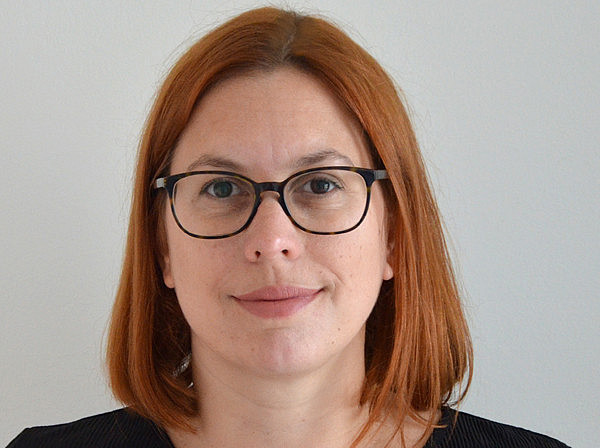
She has been a member of the Institute for Documentology and Editorial Studies since 2012 and an elected member of the TEI Technical Council since 2016, which she chaired from 2018 to 2022. Since 2022, she has been Managing Editor of the review journal RIDE and a long-standing member of program committees of international digital humanities conferences such as JADH, DHd and TEI.

Bernhard Bauer studied Celtic studies and Indo-European studies at the University of Vienna. In his dissertation – which was partly supported by a Marietta Blau scholarship – he analysed Intra-Celtic loanwords in the early medieval period, i.e. borrowings between Breton, Irish and Welsh. He then moved to Maynooth University where he worked as a postdoctoral researcher on the ERC-CoG project “Chronologicon Hibernicum - A Probabilistic Chronological Framework for Dating Early Irish Language Developments and Literature” as well as on his own Irish Research Council-funded project “Languages in Exchange: Ireland and her Neighbours” and he also taught in the Department for Early Irish (Sean-Ghaeilge). His research achievements – which also include a Visiting Fellowship at the Moore Institute of the National University of Ireland, Galway (2017), and a Royal Irish Academy Charlemont Grant (2018) – were honoured with the Maynooth University Early Career Achievement Award in 2020.
In 2021, Bernhard Bauer came to the University of Graz through a Marie Skłodowska Curie Individual Fellowship with the title “Early Medieval Glosses And The Question Of Their Genesis: A Case Study On The Vienna Bede”. In 2023, he received an ERC Consolidator Grant for a project on linguistic and cultural connections between the island Celtic and Latin speakers in the early medieval gloss corpora. This project will start in June 2024.
Since April 2024, Bernhard Bauer is member of the Young Academy of the Austrian Academy of Sciences. His research focuses on early medieval glossing traditions, language contact, historical-comparative linguistics and digital editions, combining traditional methods with those of the digital humanities.
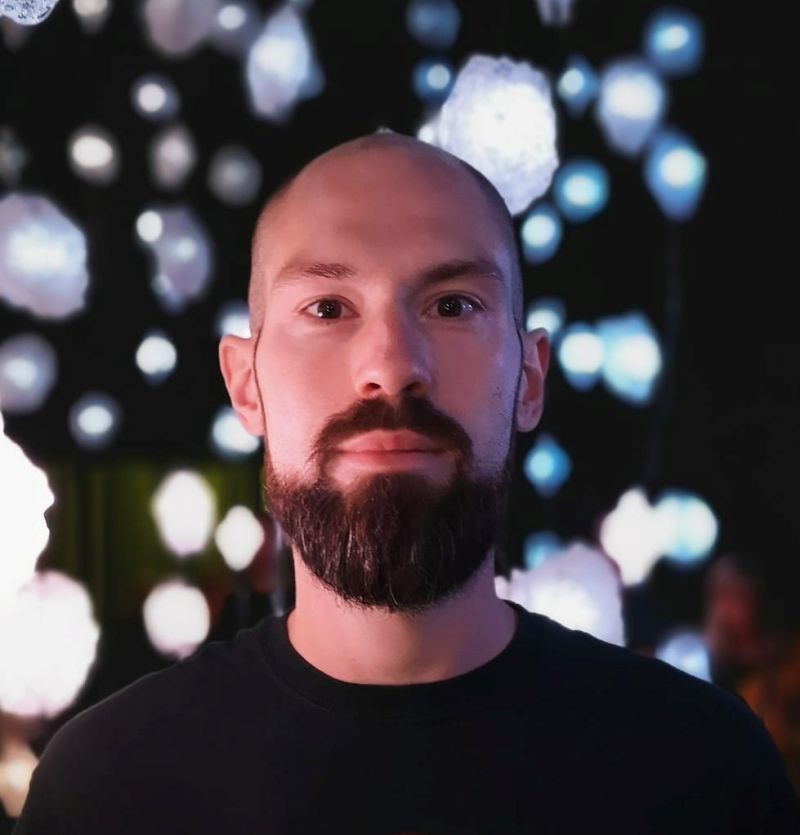
Dominik Kowald is professor for AI-based information retrieval in digital humanities at University of Graz as well as research area head of the FAIR AI group at Know Center Research GmbH, one of Europe's leading research centers for trustworthy AI. He also holds a venia docendi in applied computer science at the Institute of Human Centred Computing of Graz University of Technology. He has finished his PhD (with distinction) in October 2017 on psychology-informed recommender systems based on the cognitive architecture ACT-R. Additionally, in June 2024, he has finished his habilitation (post-doctoral thesis) on the topic of transparency, privacy, and fairness aspects of recommender systems. He is key researcher in the Interfaces of Agent-Centric AI FFG COMET module, and in several other applied research projects. His research interests are in the fields of trustworthy and reproducible AI, recommender systems, information retrieval, fairness and biases in AI, as well as digital humanities, in which he has published more than 100 papers in top-tier journals and conferences. His research on fairness in AI and bias in recommender systems was also awarded with the TU Graz Mind-the-gap gender and diversity award in 2022 and 2025, and was presented in several news outlets, e.g., by APA science.
Walter Scholger is Department Manager at the Department of Digital Humanities. His tasks mainly include administrative tasks in the context of the university as well as the management of research projects and third-party funded projects. He represents the Department and the university in national and international working groups, professional associations and research infrastructure projects on the topics of research data management, digital publication, curriculum development, open science as well as legal and ethical aspects of digital research. In his teaching activities in the Master's degree program "Digital Humanities", he focuses on the core topics of copyright, licensing and data protection in the context of digital science and participates in cooperation projects with internal and external university partners.
The connection between digitization and the humanities, which Walter Scholger emphasizes, fits together perfectly. As digitization progresses and global cultural heritage sources are made publicly available, it is possible to research them more extensively and in greater detail than was possible a generation ago. The humanities explore evidence of the human spirit and culture, and with much of society and culture now taking place digitally, it is all the more important that researchers understand and apply both humanities and cultural studies and digital methods.
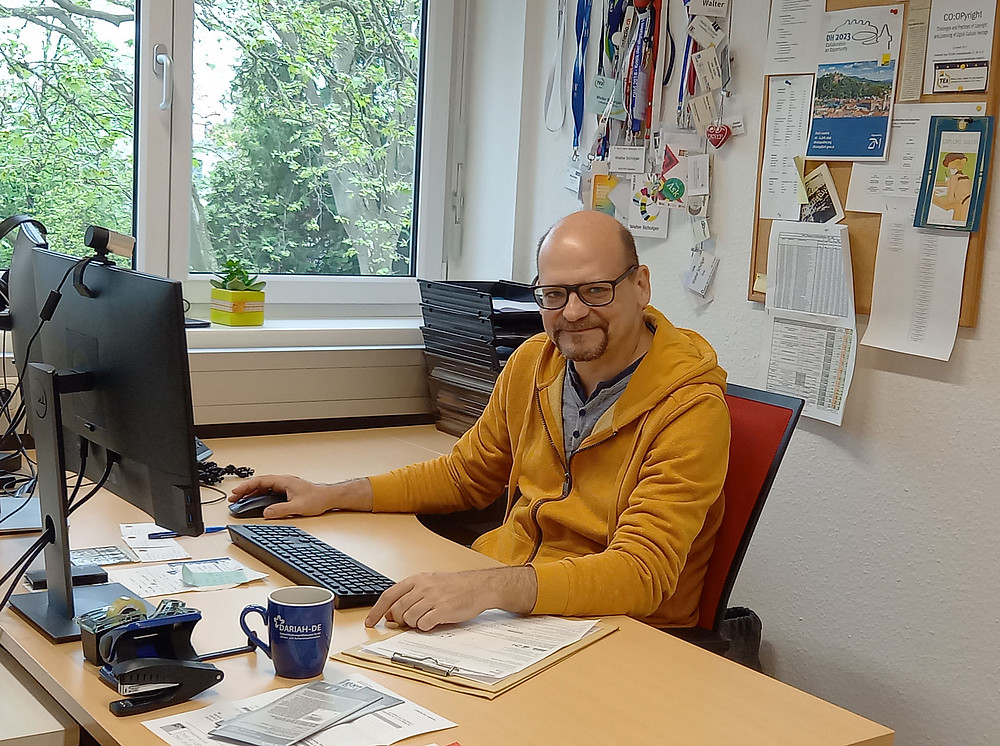
A common misunderstanding about digital humanities that Walter Scholger encounters is the perception of the computer merely as a tool and the equation of digital publications with websites. However, digital humanities scholars are not just programmers; rather, they are engaged in the research-driven development and application of digital methods to digital sources. This opens up complex and dynamic possibilities in the indexing, research and communication of our cultural heritage, enabling previously unthinkable answers and questions.
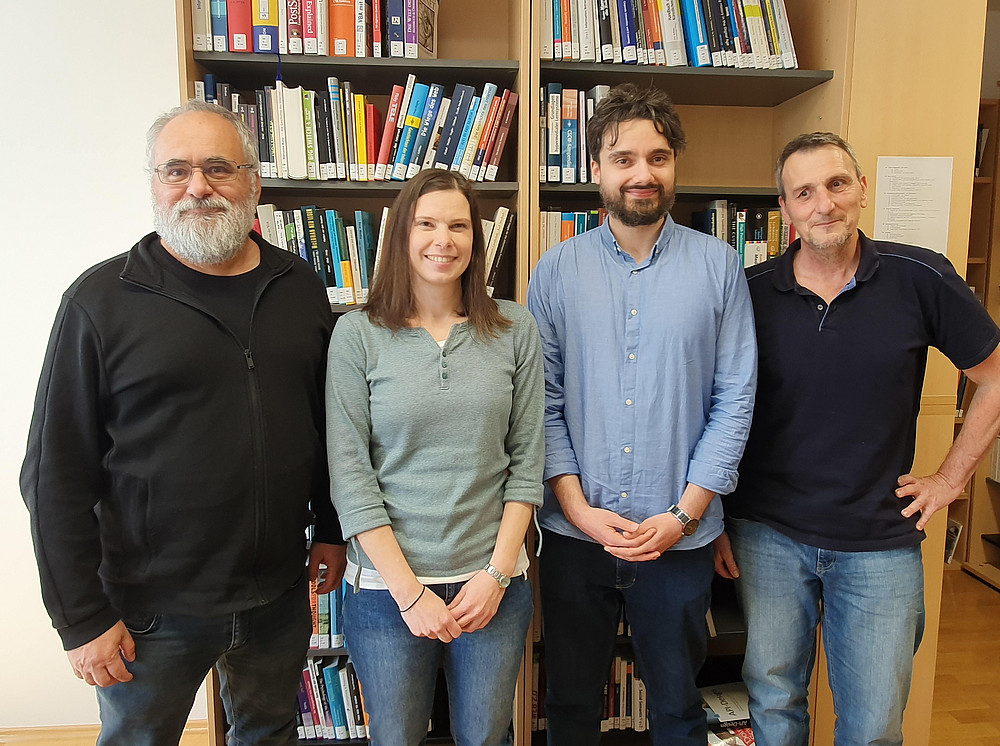
The Department's infrastructure team is responsible for the (further) development and maintenance of the certified repository GAMS and the server infrastructure behind it. This includes the smooth technical operation as well as the conception and development of new services or necessary changes and updates. Technological and content-related developments and requirements at national and international level are continuously evaluated and, if necessary, implemented, whereby the focus is always on the sustainability of the solution. The team members Sebastian Schiller-Stoff, Elisabeth Steiner, Fabio Tosques and Gunter Vasold combine IT skills and knowledge in the management of humanities research data, long-term archiving and FAIR data. In these areas, they advise and support the research projects carried out at the Institute.